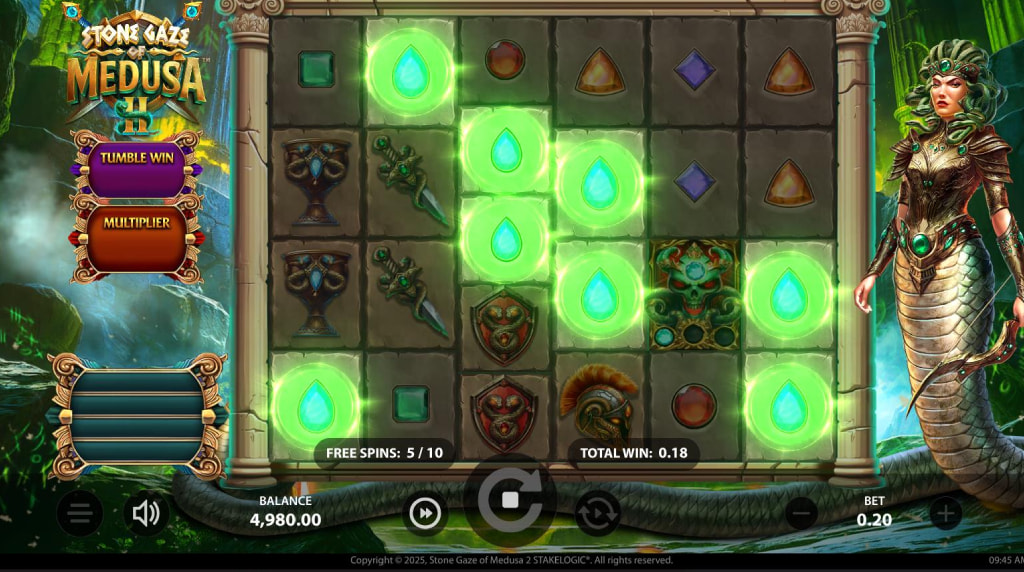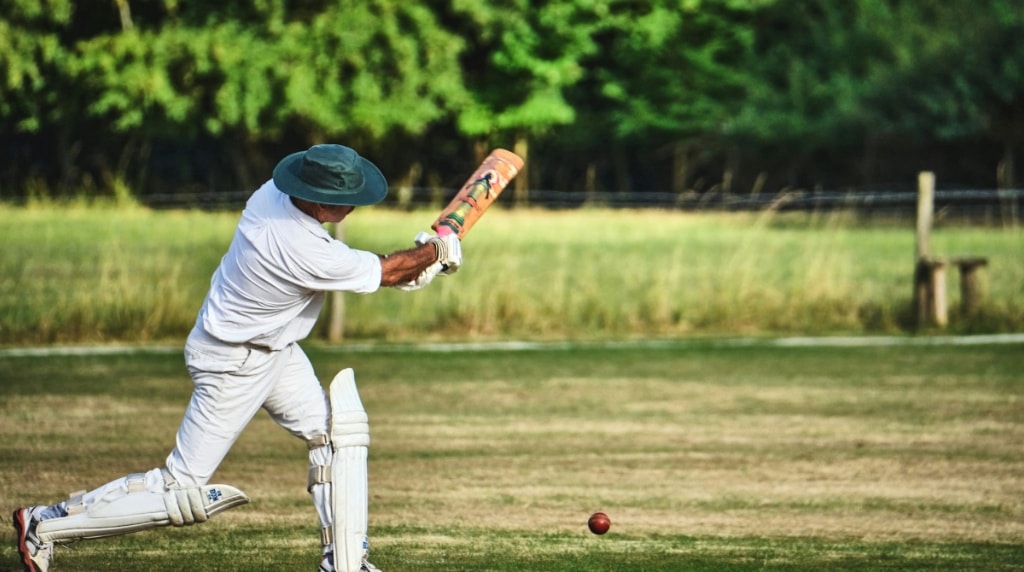KSA Contacts Three iGaming Operators After Advertising Breach
The official gambling regulatory and supervisory body of the Netherlands, de Kansspelautoriteit (KSA), has communicated with three online gambling operators after they violated the policy of untargeted advertising. All three operators are Dutch gambling license holders and have ceased all untargeted advertising activity after the KSA contacted them. The Authority has not disclosed the identity of these operators and has not issued any fines because the operators complied with the regulator’s request after the warning was issued.

Three licensed operators contacted by the KSA after advertising breach.
©Jack Winbow/Pexels
Since 1964, the Dutch gambling market has operated under the Betting and Gaming Act. However, the online gambling market regulation started in October 2021. The KSA is responsible for monitoring all licensed gambling activity in the country and also has to ensure the implementation of practical measures that combat illegal gambling and other illicit activities that may include match-fixing and money laundering. The market has shown steady growth after the regulated online gambling market went live two years ago, with a Gross Gaming Revenue (GGR) of €1.33 billion in the last 12 months. While Holland Casino holds the monopoly for land-based casino operations in the Netherlands with 14 brick-and-mortar casinos nationwide, there is no monopoly for online gambling. The regulated market introduced a licensing system for iGaming and online sports betting operators in the Dutch market. Now, any private offshore operator can apply for a gaming permit in the country. KSA is responsible for approving license applications and granting licenses to operators who have applied.
In a steadily growing market, the KSA and the Dutch government’s primary objective is to make the market as safe as possible. Player safety standards are set to the highest for the protection of Dutch players, whether they gamble in casinos or online, bet on sports or play the lottery. The KSA confirmed that about 676,000 Dutch individuals participated in some form of gambling activity in the six months from February to July 2023, and 417,000 of them were regulars, as they gambled at least once each month. According to the Dutch Gambling Authority, these players lost an average of €1,017 during that period. Losing approximately €170 per month could be a costly price to pay for some gamblers, and it may lead to harmful gambling. Hence, the KSA encourages safer gambling and has controlled activities that promote any form of gambling. Apart from the introduction of the self-excluding register (CRUKS), the Authority has imposed a ban on untargeted marketing activities for all forms of gambling in the Netherlands.
The Dutch authorities decided to ban gambling advertising in public places, on television, radio, and other media platforms. The ban came into effect earlier this year in July. It sparked a debate due to the ambiguity of the decision and its potential consequences for achieving the goal of legalizing the online gambling market. By banning untargeted gambling advertisements, the KSA intends to cause a butterfly effect in the newly regulated market by forcing a revenue decline that eventually leads to less lucrative offers for players, thereby reducing the overall gambling activity nationwide. Since the decision to ban untargeted advertising was announced, the growth in the Dutch online gambling market has slowed, indicating a possible plateau. Since July, there have been multiple instances where licensed operators have breached these marketing regulations. The KSA has been monitoring the market strictly but has not resorted to issuing massive fines without issuing a warning first. If the marketing activity does not cease after the regulator’s warning, it will impose a fine.
Recently, three more licensed gambling operators were contacted by the Dutch Gambling Authority for advertising breaches. When the KSA contacted these operators and notified them about the breach, they ceased the activities, and no fines were issued. The names of the licensed operators were also kept under the cover by the Authority. The regulation on gambling advertising prohibits the handing out of gambling brand merchandise. One of the three operators ran a contest for its customers to win a t-shirt with the operator’s name and logo. The other two were warned because they failed to maintain “neutral expressions” in their ads. Mentioning any significant element of the gambling company in ads is not permitted. One operator used their slogan and ended up violating the Gambling Law. The third operator ran an ad at a sports event encouraging the audience to use its app. This activity is also against the law. However, in all three cases, the operators ended their respective marketing campaigns with immediate effect.
Hommerson Amusement Secured Its KSA-Approved Permit
There were several iGaming and online sports betting operators active in the Netherlands before the regulation came into effect in October 2021. Many of these operators withdrew from the jurisdiction to avoid fines and penalties from the KSA for illegal operations. Instead, these operators intended to re-enter the market with the necessary permits. That is when the workload of the Dutch regulator increased as a long queue of private operators was formed, all waiting for their gambling licenses. As the applications increased, the regulator could not issue licenses on time, and many operators had to wait longer than usual for their respective permits. In July, Betsson withdrew its license application for the same reason.
However, other operators remained patient and entered the competitive Dutch market. Hommerson Amusement was one of the patient operators as it became the 27th legal online gambling operator in the Netherlands after the KSA approved its license application last month. The Dutch regulator also granted licenses to SCGO Limited and LeoVegas shortly before Hommerson Amusement received the green flag. The Dutch operator will offer a variety of games via its online casino, including online slot machines, table games, virtual poker, and more via one of its brands.
Illegal Operation Attracted a Massive Fine For LCS
While numerous operators are still queuing up for their Dutch online gambling licenses, a few others are offering their services to Dutch gamblers without the necessary permits. Such activity violates the Gambling Act of the Netherlands and can force the nation’s regulator to issue a hefty fine. LCS Limited is the latest operator that was slapped with a massive €2 million fine for operating in the Dutch gambling market illegally.
However, the decision was challenged by LCS Limited and labelled “unjust.” The controversial battle between the Malta-based operator and the Dutch regulator started in 2022 when the first fine was imposed on the operator. Back then, the KSA had imposed a €165,000 fine. After LCS appealed the decision and was engaged in a lengthy legal battle with the regulator, the decision did not go in its favour, and it ended up paying a hefty fine.



